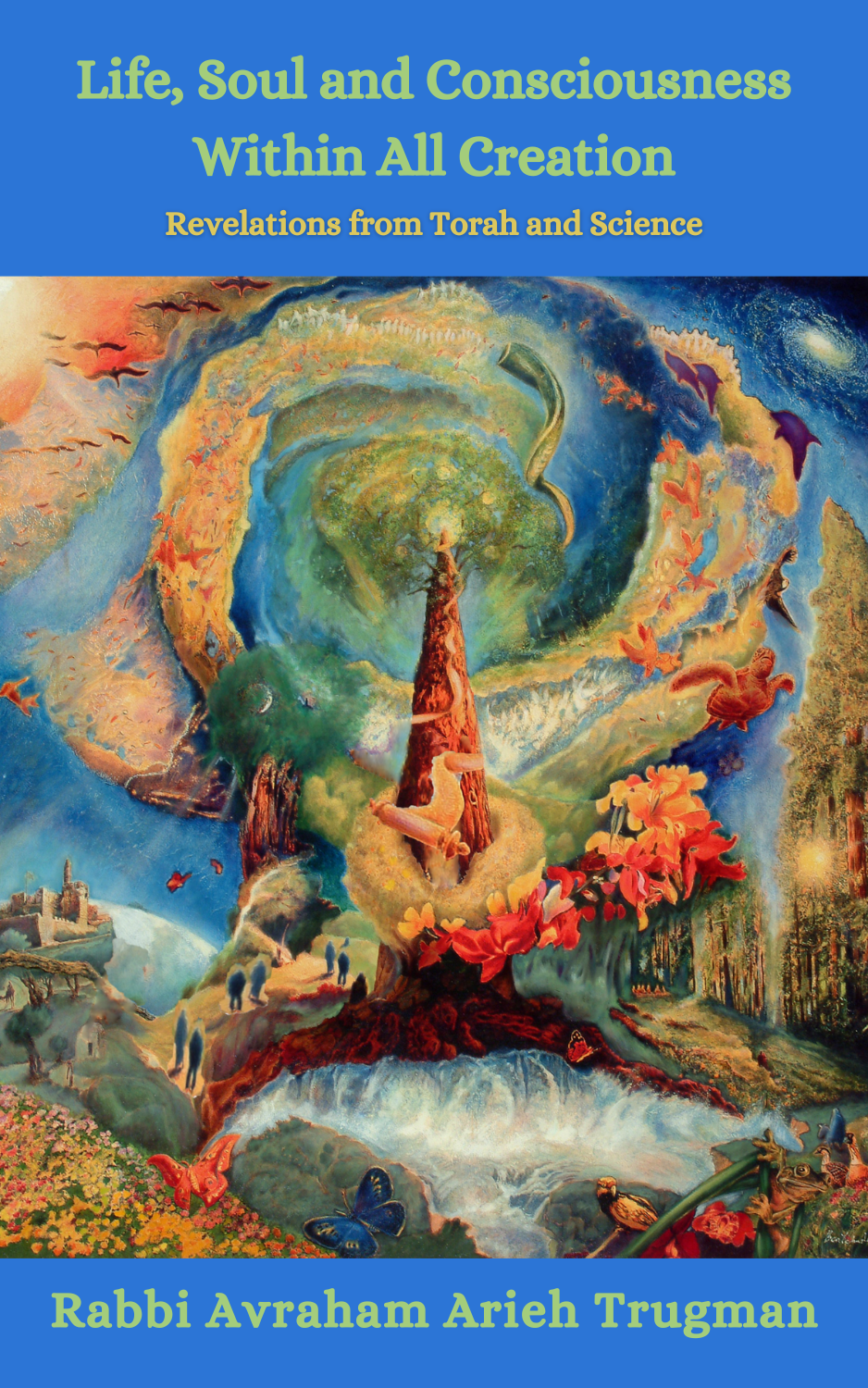Two Perspectives of Brokenness
As will be explained shortly, there is a deep allusion in Mikeitz to a fundamental teaching in Kabbalah. The catastrophic, cosmological event termed “the shattering of the vessels” occurred, according to the Arizal, when the initial lights of creation shattered the still immature vessels of creation. Yet, one should not imagine for a moment that when those initial vessels could not contain the original primordial lights and broke, that this was a “mistake” and that the Creator, as it were, couldn’t get it right the first time. In fact, the Talmud teaches that God created 974 worlds and “destroyed” them all before creating this world. Kabbalah and Chassidut teach that each “destroyed” world became the foundation of the next one, providing the ingredients of future growth. Similar to how the fallen leaves, fruit and blossoms of a tree disintegrate into the earth, creating the very nutrients of new life, so too, each world that was “destroyed” became the building blocks of future existence.
To emphasize the hidden purpose and ultimate good that came from the “breaking of the vessels” discussed above, it is helpful to look at the root word for breaking in Hebrew, shever, and its connection to this Torah portion.
The primary meaning of the root shever is to break, shatter, destroy or smash, and this word is used that way in both ancient and modern Hebrew. Yet, the word shever is also used idiomatically to “quench thirst” or to “gratify hunger,” that is, to “break” [the power of] thirst or hunger. This is similar to the phrase in English “to break through” a perceived obstacle whether physically, emotionally or psychologically. Therefore, although shever is primarily used to describe negative instances, it also has the connotation of breaking negativity itself!
Surprisingly, another meaning of this root is to purchase food. This appears in the Torah portion of Mikeitz when Jacob sends his sons down to Egypt to purchase food due to famine in Israel. The Torah states that he saw there was “shever in Egypt.” The simple meaning is that he saw that there was grain to be purchased. A deeper meaning though is that he saw prophetically that there was a “breaking” in Egypt, as he intuited that the Almighty’s prophecy to Abraham would be fulfilled through the slavery and ultimately a “breaking out” of bondage that was to take place in Egypt. Later Joseph is called the mashbir, [from the same root as shever], the provider of food for Egypt and the whole world. (Anecdotally, the first department store in Israel was called the Mashbir)
In many cases, only 20/20 hindsight, or a more mature attitude, can see the good that comes about through various forms of crisis, challenge and breaking that occur in our lives and in the world. Truly, this kind of redemptive perspective is, in many ways, not “natural,” and must be actively cultivated to counteract the inertial momentum of helplessness and victimization that sets in when one is faced with negative, or even horrific, circumstances. Maintaining this bigger picture takes patience and perseverance as one navigates the vicissitudes of life. Every breaking is but an opening for the next creation to reveal itself.






